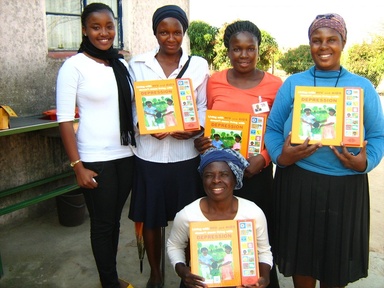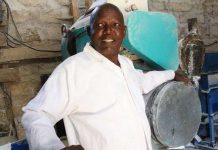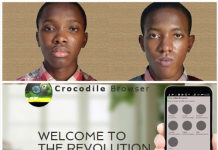(A column highlighting scientific, technological, engineering and design innovation in Africa)
The Speaking Book was created in South Africa to help bridge the gap of illiteracy in the dissemination of healthcare information. In 2004, South African Zane Wilson, founder of the South African Depression & Anxiety Group (SADAG), was stunned at the increase of suicide rates among young South Africans in areas of high illiteracy.
“Global illiteracy prevents organizations from effectively communicating life-saving messages to impoverished communities around the world. When the poorest communities cannot access even the most basic education, innovation is key to bridging the gap,” she said.
Wilson was inspired by a Wall Street Journal article of a talking book used for health care education in Afghanistan. Priced at US$62.50, however, the book was unattainable to Africans and people in other developing countries.
Although there was information available in booklets to help Africans with depression and other mental problems better cope with their illnesses, people who were illiterate were left uninformed and vulnerable to these illnesses.
Africa’s literacy rate is lower than 60 percent, leaving more than 785 million people unable to access critical, life-saving information. Wilson’s Speaking Book tackles communication gaps and allows customers to see, read, hear and understand important healthcare information.
SADAG states, “Our mission is simple; we exist to help organizations reach communities that previously seemed unreachable, by delivering critical messages that empower, educate and save lives.”
The first Speaking Book, Suicide Shouldn’t Be a Secret, featured the voice of Lilian Dube, a famous South African actress and TV and radio personality. Each book has 16 colorful pages of text and imagery and audio. For each page there is a corresponding push button that triggers a sound track of the text.
Speaking Books have now produced 45 titles in 20 languages and are currently used in 20 African countries. It also has been distributed in 25 countries, including China, India, the United States, and countries in South America. The book has incorporated other critical health issues, such as HIV/AIDS, malaria and maternal health.
The Speaking Book has won several awards, including the Pan African Health Award for “Innovation, Excellence and Sustainability;” the CPSI Public Sector Innovations Runner Up Award in the category of “Innovation Use of Information Communication Technology (ICT); for its efficient method of delivery; the Department of Public Service Ministers Award for Innovation and Sustainability; and the Technology in Government Award (TIGA).
In 2012, South African President Jacob Zuma bestowed the country’s highest community award – The Order of Baobab – on Wilson.
SADAG’S plans to continue developing books with new messages to reach “thousands of new people everyday [to] help us overcome the silent epidemic of illiteracy and deliver life-saving knowledge.”













